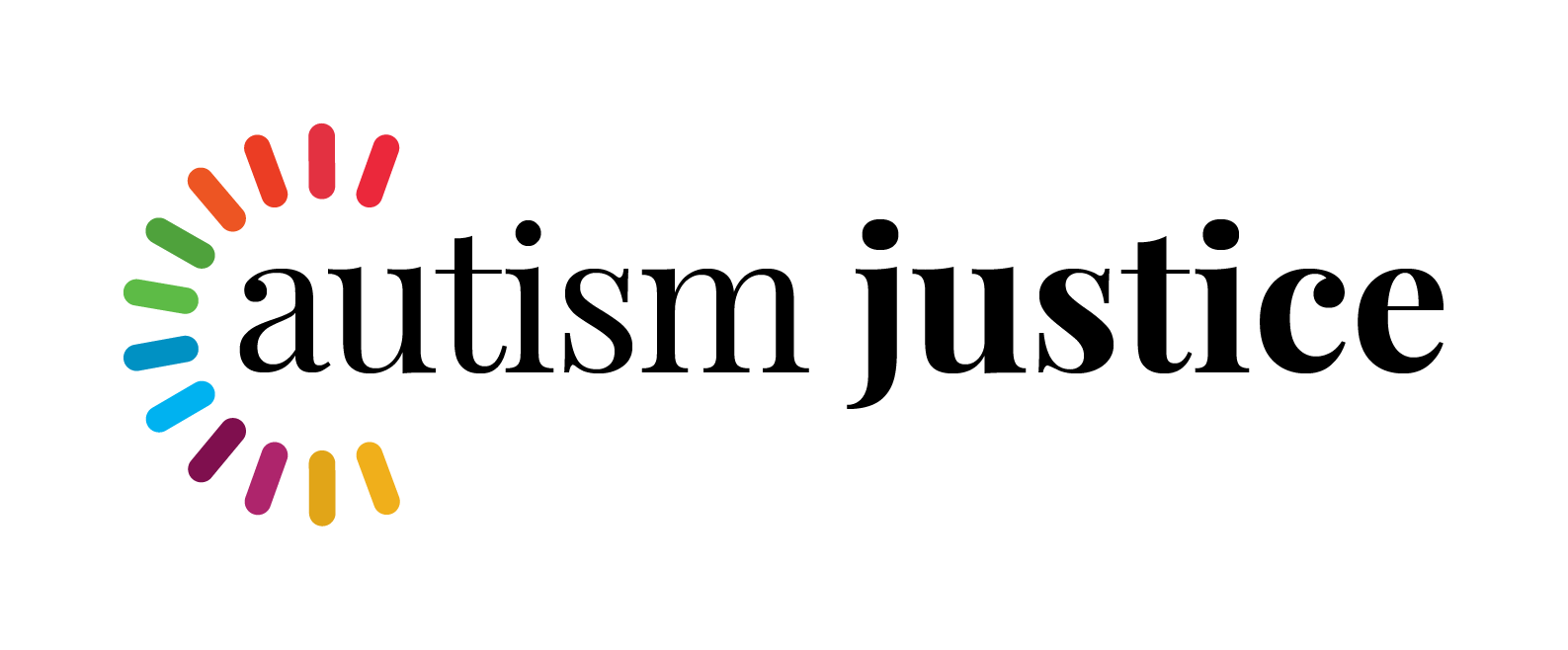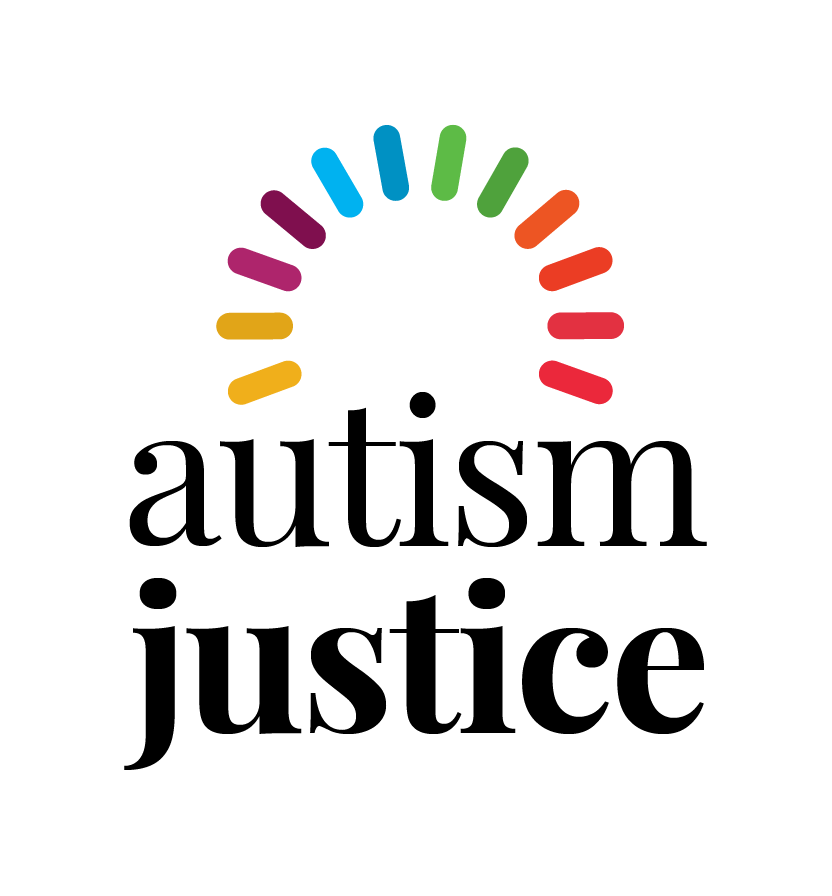In hindsight, people might have acted differently. That could be the case with the participants litigating Colonial Park Care Center, LLC v. Dep’t of Public Works, 2015 Pa. Commw. LEXIS 406 (July 21, 2015).
In March, 2012, John Matjasic was admitted to Colonial Park, a nursing home. John was 77 years old at the time. In 2007, John had a stroke, after which he resided with his wife and daughter. Although the facts in the case are less than clear, it appears like John and his wife were separated prior to the stroke. In 2012, John had a seizure, which led to the nursing home admission.
Whether due to illness or conflict, the court recognized there were periods of separation. Still, the couple remained married. In 2009, John’s wife deposited $125,218.44 into her account and then wrote eleven checks to her children and grandchildren totaling $118,000. Medicaid considered these gifts in determining John’s eligibility and imposed a transfer penalty. In other words, Medicaid refused to pay John’s nursing home expense for a period of time. An appeal followed, with the family and nursing home arguing the gifts were made for a purpose other than qualifying for Medicaid.
In reviewing the decision below, the Court found that the quality of the marriage was not the determining factor in deciding the case. Federal law requires the Medicaid agency to count the combined resources of a couple regardless of whether those resources were actually made available to each spouse. Further, a gift made by one spouse is attributed to the other. Thus, the transfer penalty was upheld.
Although the Court provided little guidance, the implication was that if John’s wife had divorced him, the result would have been different and Medicaid probably would have been approved. Divorce is not an ideal solution, and it is not where we at the Elder Law Practice of David L. McGuffey begin when we plan for your future. However, if the marriage is already fractured, sometimes it should be considered when looking toward future Medicaid eligibility. If you want to know more about how we can plan to protect you while avoiding divorce, or if you want to know how to structure a divorce to get the best Medicaid result, call us today at (706) 428-0888 or (800) 241-8755.

























